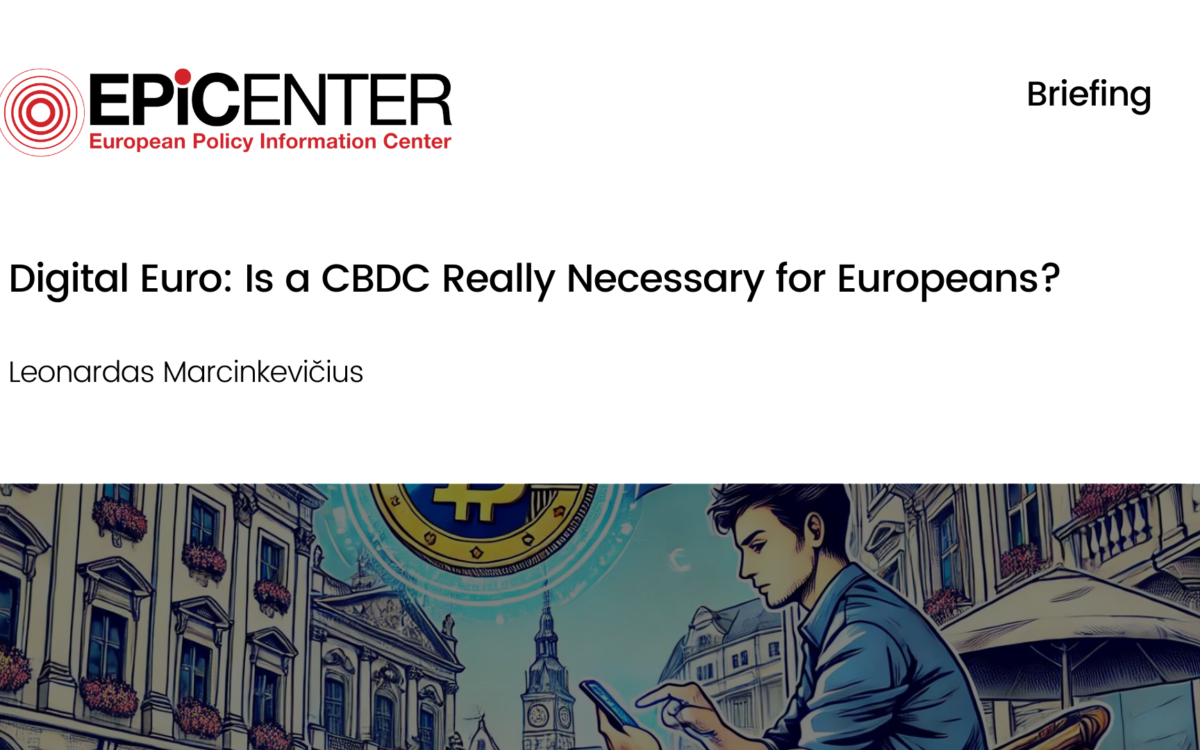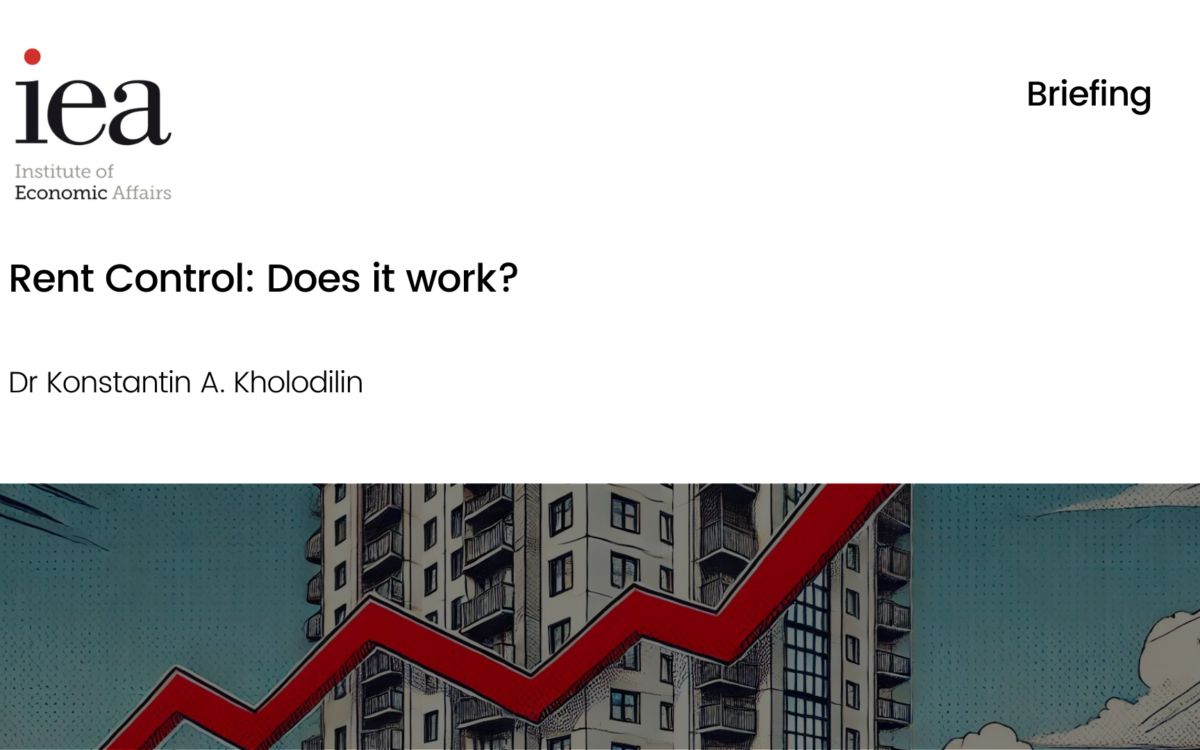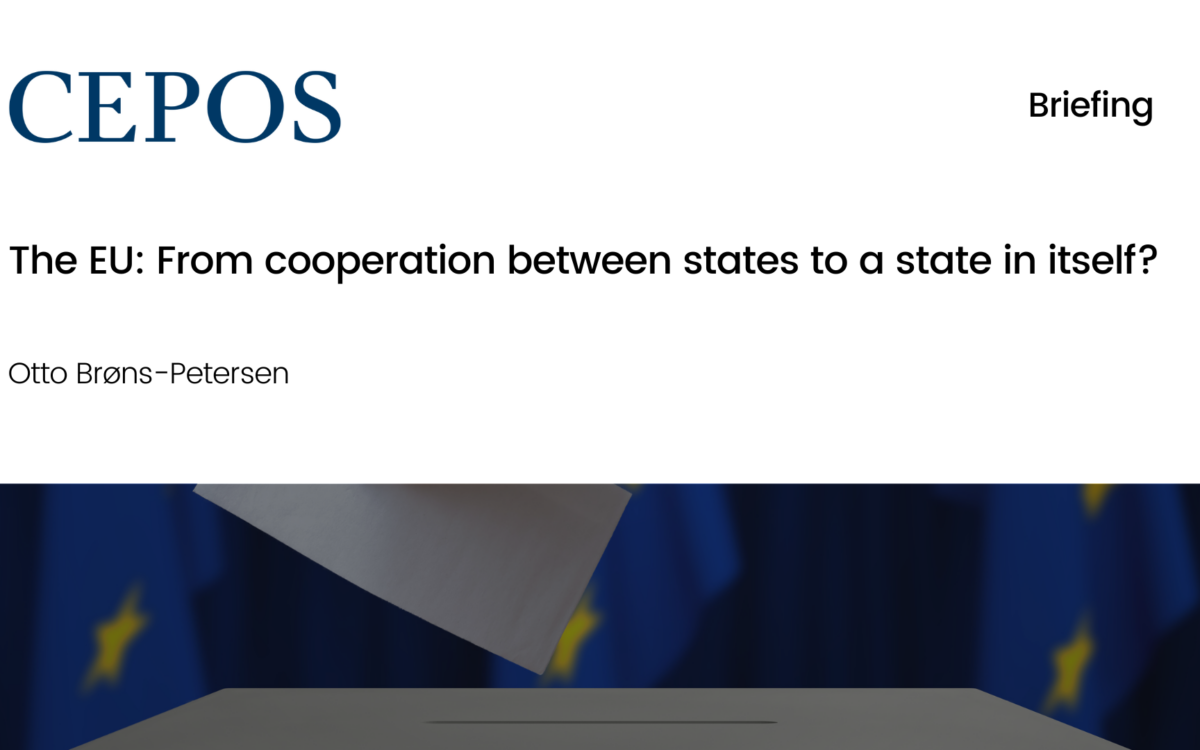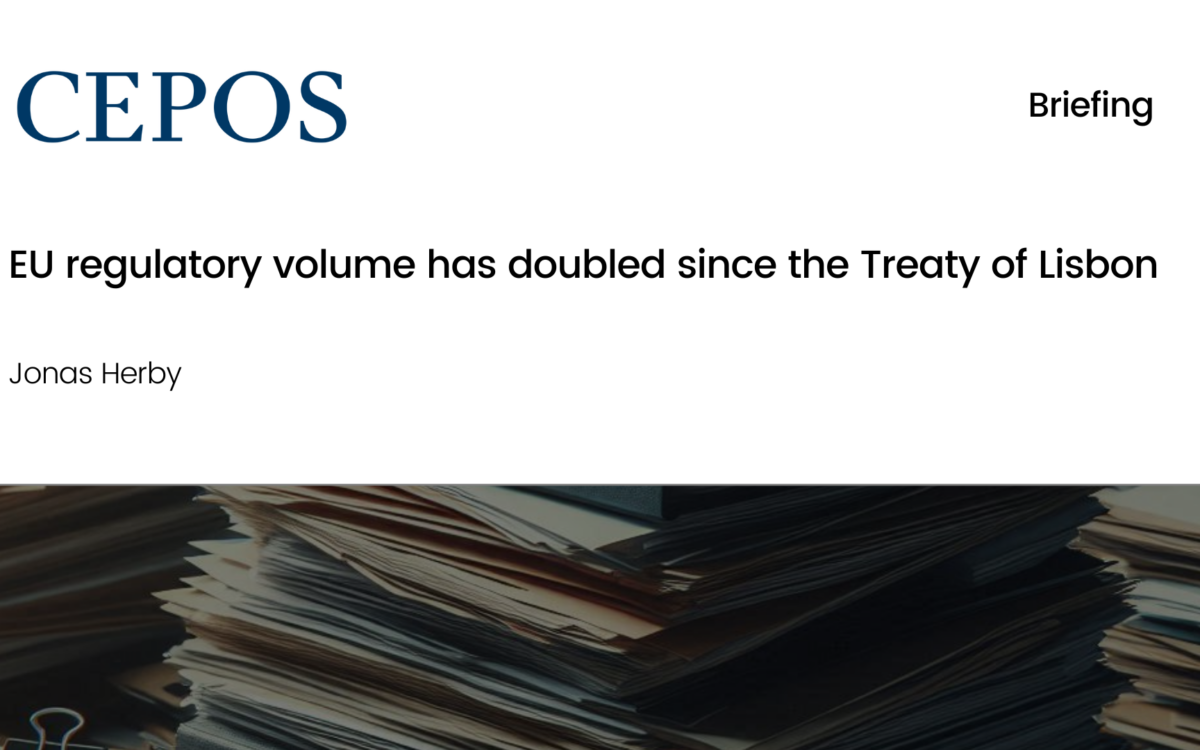Time to Re-think the EU Trade Policy
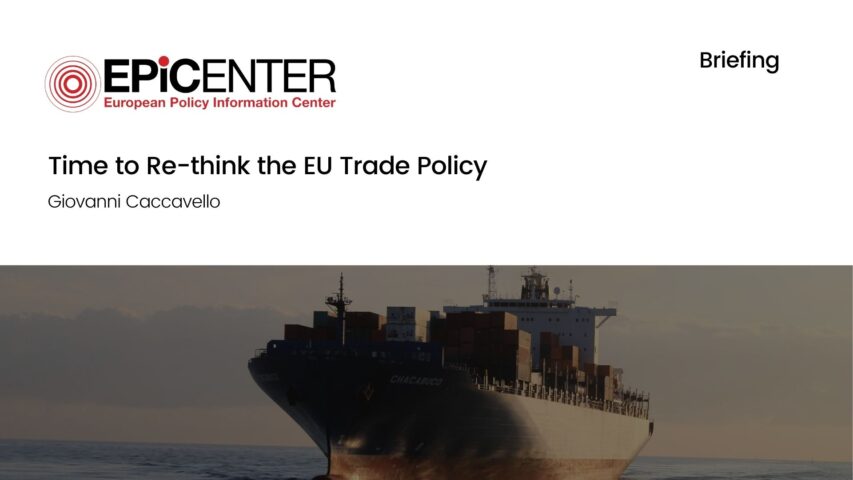
Time to Re-think the EU Trade Policy
Giovanni Caccavello
May 2017
As of 2017, the EU has 44 trade agreements in place with more than 60 countries across the globe. In addition, five accords have been finalised but are not yet being applied (with East African countries, Ecuador, Singapore, Vietnam and West Africa).
Notwithstanding the EU’s comparative advantage in building trade relationships worldwide, the combination of competency issues between Brussels and Member States and rising discontent towards globalisation seriously risks undermining the Union’s Common Commercial Policy.
Thus, in order to avoid a worst-case scenario of paralysis and increasing irrelevance, European institutions and Member States should amend the 2009 Treaty of Lisbon by reviewing the mixed approach. This move will strengthen the 2015 “Trade for All Strategy” and will lead to a more effective and functional common commercial policy.
Download or share this publication
View the PDF
EPICENTER publications and contributions from our member think tanks are designed to promote the discussion of economic issues and the role of markets in solving economic and social problems. As with all EPICENTER publications, the views expressed here are those of the author and not EPICENTER or its member think tanks (which have no corporate view).
